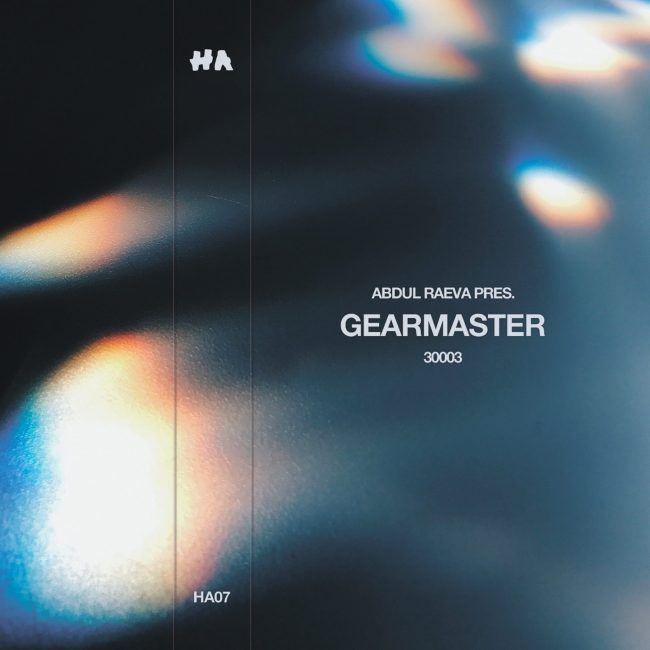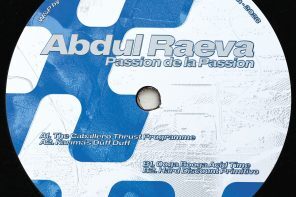
For this edition of our MIXED BY series, we’re thrilled to welcome Gearmaster, the fresh alias from the minds behind former duo Abdul Raeva. Emerging from the vibrant underground scene of Tallinn, Gearmaster represents a new chapter marked by a refined sonic identity — “more groove, less goof,” as they put it.
In the interview, the duo reflects on their artistic evolution, explaining how the Gearmaster project distills years of experimentation into something more deliberate and groovy, while still carrying the punch and playfulness that made their previous work stand out. With the launch of their own label Slipdisc Recordings, they now have full creative control, and their debut release Time To Slam sets the tone: high-energy, groove-forward club music with a sharp ear for texture and detail.
Expect a mix that echoes this philosophy — percussive, fun, and purposeful — balancing subtle movements with floor-ready energy. It’s a fusion of everything they’ve learned through years of alias-hopping and sound design, delivered with clarity and character.
Tune in, turn it up, and let Gearmaster guide you through their finely tuned universe.
INTERVIEW
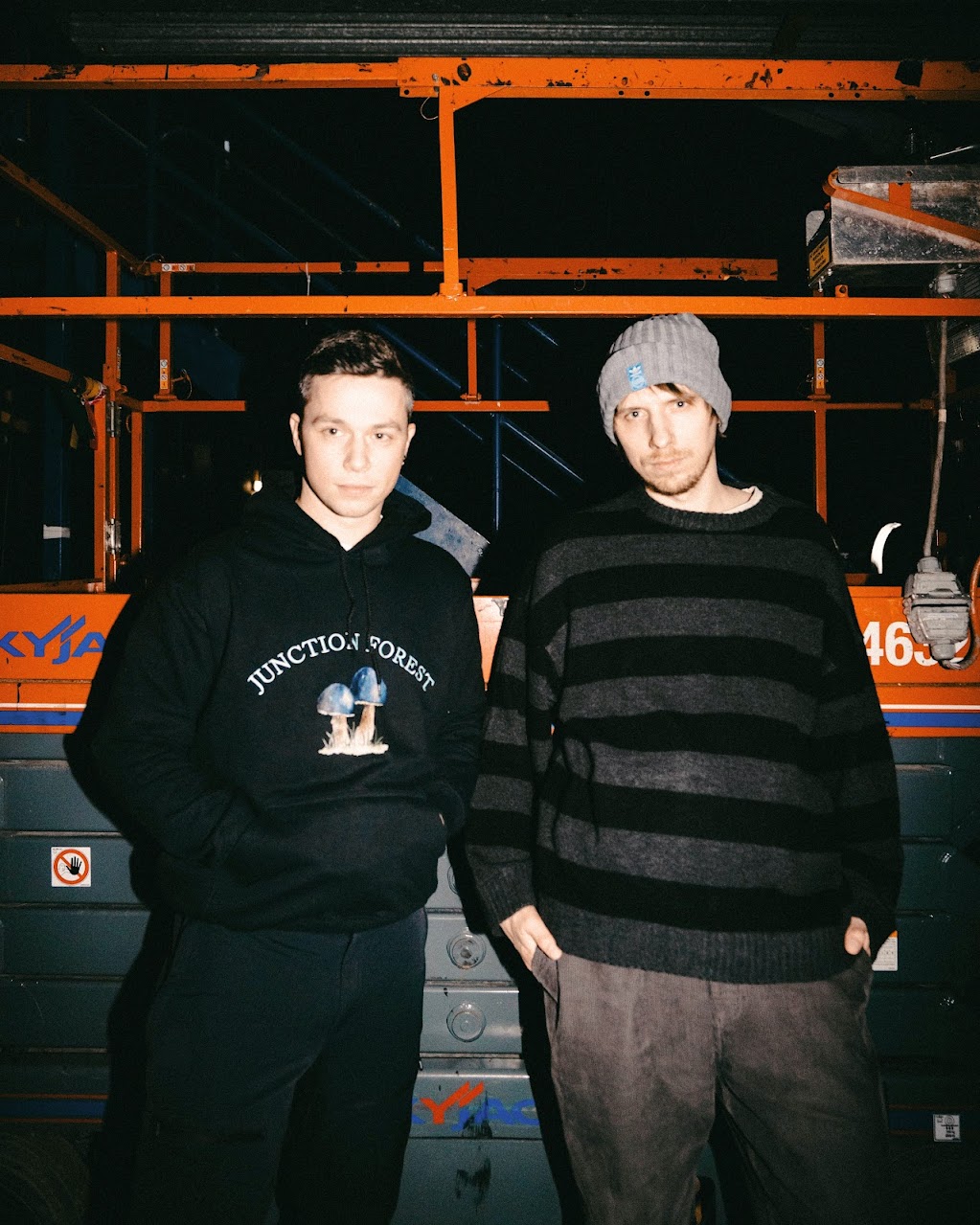
You’ve recently transitioned from Abdul Raeva to Gearmaster. What sparked the shift, and what does Gearmaster represent that Abdul Raeva didn’t?
The Abdul Raeva project started just before the pandemic and very quickly developed a hyper energetic life of its own, which was really fun but also super chaotic. In many ways it felt like Abdul defined us instead of it being the other way around, and we realised the project no longer reflected who we were becoming as artists.
Over the past few years we’ve both gone through a lot of personal changes too. That gave us the space to zoom out and really think about what kind of project we wanted to build for the long run. We quite quickly understood that it had to be slightly more refined, so the mantra became “more groove, less goof”.
But it’s important to state that we’re not trying to wipe the slate clean. Abdul Raeva will always be a part of us and something that we’ll look back on with immense pride.
Looking back, Abdul Raeva had a strong identity with its acid and progressive house roots. How did your sound evolve during that time, and how is it different now under the Gearmaster name?
With Abdul, we were constantly trying new things, testing boundaries, playing with styles. That gave us a lot of room to grow, but also created some creative noise. Switching to Gearmaster helped us filter through that and narrow down a sound that feels more intentional. The acid and progressive roots are still there, we’re just not leaning on them as heavily. Now it’s about stripping things back to focus more on groove and flow. Subtle movements.
You’ve just launched Slipdisc Recordings, with Time To Slam as the first release. Why was now the right time to start your own label, and how does Slipdisc fit into your broader artistic vision?
Slipdisc was partly a practical decision. Changing your artist name is effectively like hitting the reset button, so a lot of labels were hesitant to sign us as we wouldn’t generate the same interest as before. We knew there was a high risk of that happening and decided the easiest solution would be to self-release.
It gives us full control to curate everything surrounding a release, which is really liberating. We always used to refer to Abdul Raeva as a “playground” or “sandbox” for exploration–in some ways Slipdisc emulates that. At the core it’s about having a direct channel between our ideas and the audience.
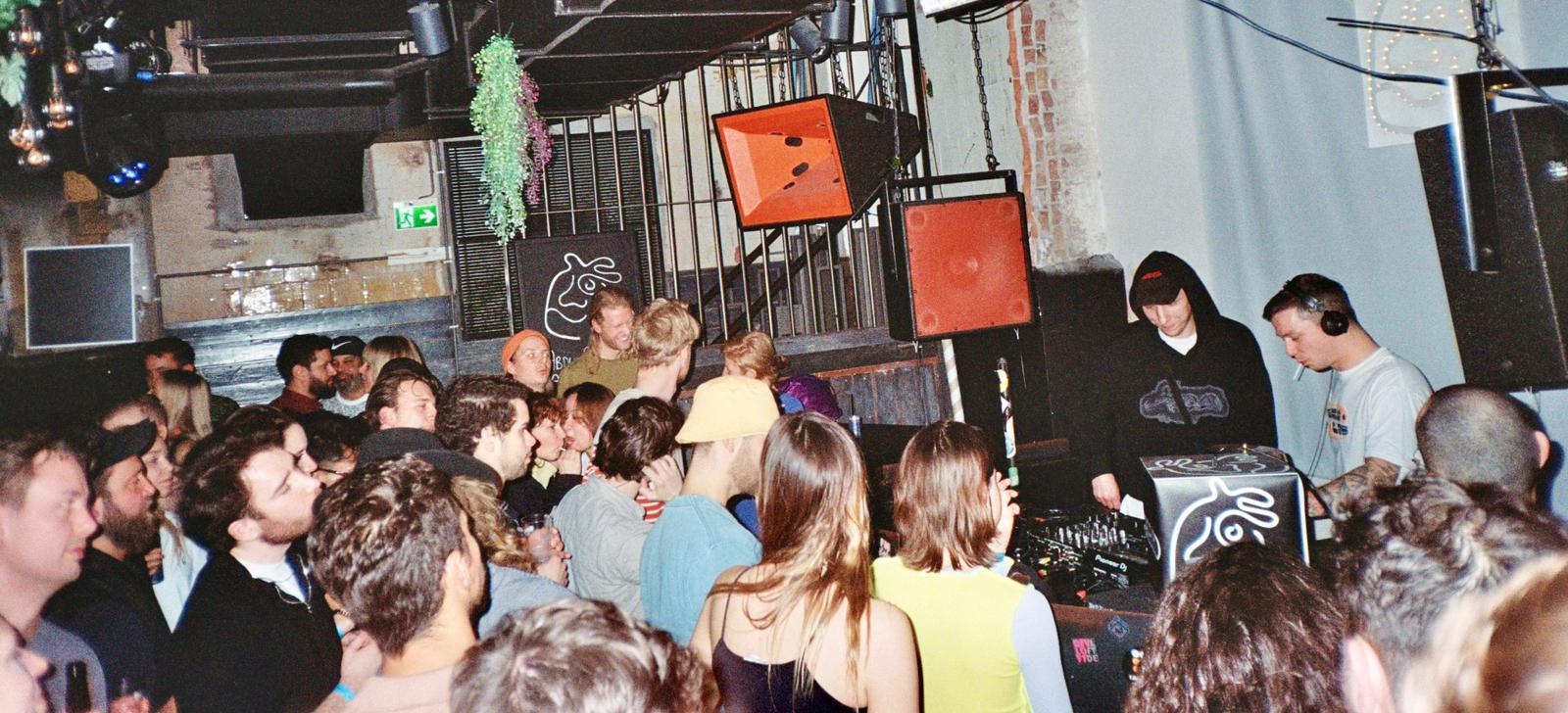
There’s an undeniable sense of fun and punch in your new tracks. Was there a deliberate effort to lean into that playful, high-energy aesthetic — or did it come naturally?
It came pretty naturally. We’ve always gravitated toward grooves that make you move, and that energy just started bubbling up more as we worked on the Gearmaster material. There’s also something really satisfying about making tracks that hit hard but don’t take themselves too seriously. That tension between precision and chaos is kind of our sweet spot.
Gearmaster feels both more refined and more unhinged at the same time — almost like you’re letting go while sharpening your tools. What does your current production process look like?
We’ve leaned heavily into layering and texturing. Taking simple sounds and making them bigger through EQ, hiss, saturation, and stacking. Sometimes we use five different synths just to make one pad. It’s a lot of trial and error, but also a lot of fun. A big part of it is also resampling. We’ll run random sounds through heavy processing, take out the interesting bits, then chop and repurpose them.
You’ve worn many hats and monikers over the years — Boom & Rang, DJ Deep State, Mateo Flex. What does working under different aliases allow you to explore creatively?
Every alias gives permission to try something new without baggage, so it really just helps us keep things fresh and broaden our horizon. Some might think it’s about “artistic freedom”, but in reality it’s so we don’t get bored. Of course each moniker has its own direction, but the lines blur a lot and Gearmaster turned into a culmination of all of that—pulling from different corners but delivering with intention.
As individuals, you’re both deeply involved in music beyond the duo — Joonas as a sound designer and Steffan as a label head. How do these roles influence the Gearmaster sound?
Working with sound design and engineering naturally provides a deeper understanding of texture and dynamics, which directly feeds into how we approach production. It also keeps us focused in terms of utility, like how a sound might work in different settings. Joonas often listens back to new demos on the cheapest, worst possible in-ear headphones, at minimum volume, when going to bed. If the energy level comes through properly then, it most likely will in the club too.
Our early label management experiences provided a great deal of context in how the market ebbs and flows. It’s not always just about making cool tracks but also how they’re packaged, presented and received. Through that work we also built a large industry network, which enabled us to make informed decisions on how to publish and license our music.
Tallinn’s underground scene seems to have a strong presence in your story. How does your environment shape your approach to club music?
Tallinn is small but very passionate. There are lots of indie venues and crews that foster creativity and experimentation, without pressure to conform. It’s also very hands-on, so you’re not just a DJ or a producer, but part of a community, which always provided us a lot of space to find our sound organically.
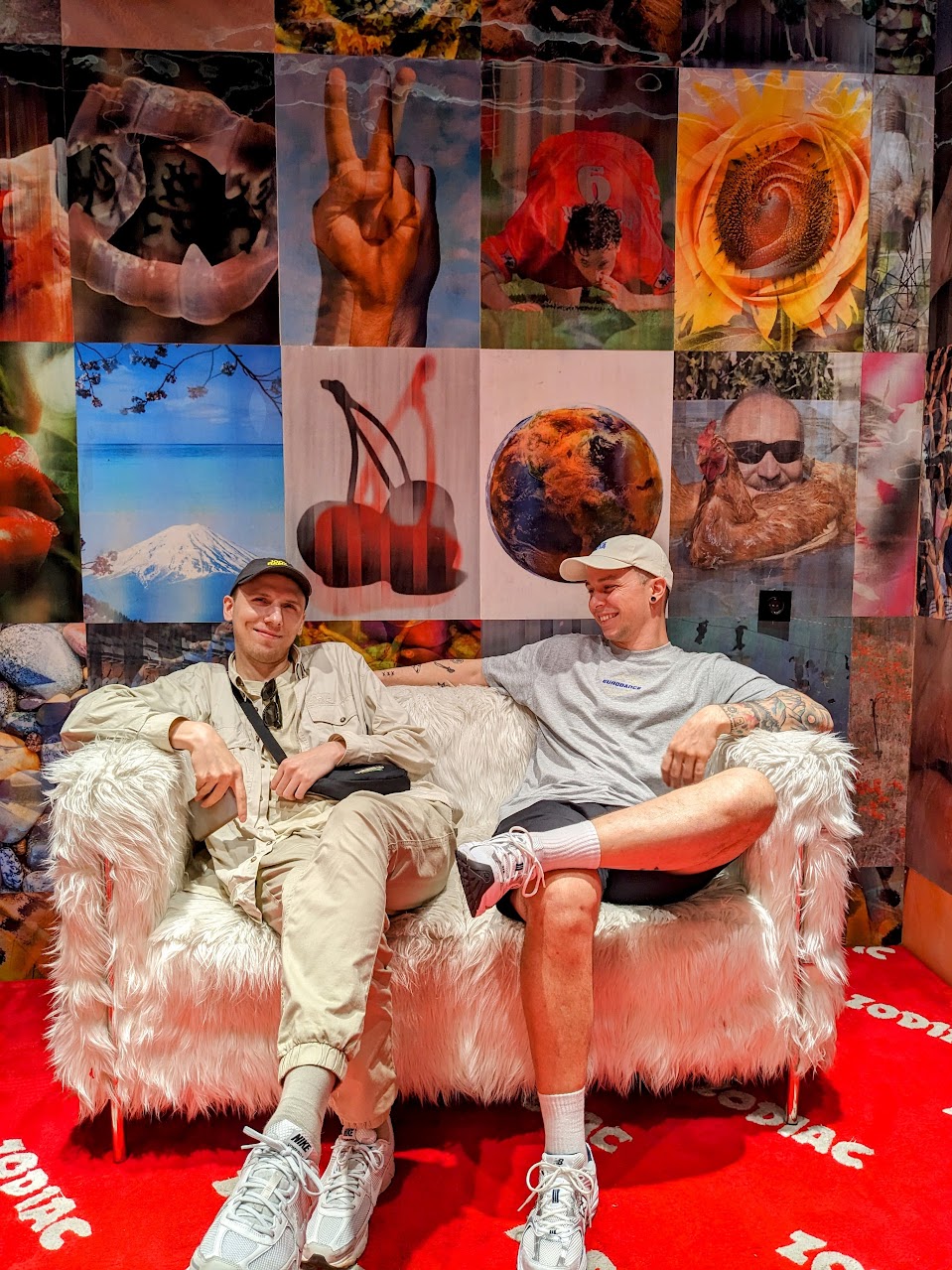
What kinds of artists or sounds are you hoping to showcase on Slipdisc in the future? Are there any releases already in the pipeline?
For now, it’s mostly a vehicle for our own music and stuff from close friends. We want to build that same kind of community, where our label roster feels like they’re part of something bigger. Not just another transactional relationship between label and artist. In the long-term we’d love to open it up to artists who share and can connect with our ethos. No spoilers, but we are actively working on a couple of releases.
Now that Gearmaster is front and center — what’s next? More music, gigs, collaborations? Where do you hope to take this project in 2025 and beyond?
Right now we’re taking some time off from touring to work on tracks, create new sample packs and just jam. There’s a lot of studio time ahead. No shortcuts, just honing the craft.
Gigs are definitely on the horizon though. We want to bring the new Gearmaster sound to more dance floors, meet new people, collaborate with other artists and expand the Slipdisc universe.


